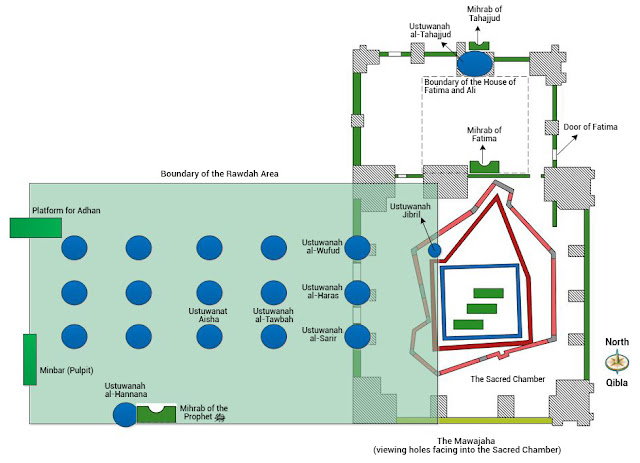Liquid Assets & Non-Liquid Assets
A liquid asset is either available cash or an instrument that has the capacity to be easily converted to cash.
Liquid assets are essentially identical to cash, as they don't lose value when sold.
A cash equivalent is an investment with a short-term maturity that can be quickly converted to cash, such as stocks, bonds, and mutual funds.
Liquid assets differ from non-liquid assets, such as property, vehicles, or jewelry, which can take longer to sell and convert to cash, and may lose value in the sale.
Non-liquid assets are assets that can be difficult to liquidate quickly. Land and real estate investments are considered non-liquid assets because it can take months for a person or company to receive cash from the sale.
For example, suppose a company owns real estate property and wants to liquidate because it has to pay off a debt obligation within a month. The process of selling the property may take longer than a month since it will take time to find an investor, negotiate and agree on a price, and set up the closing for the sale. If the company wants to sell the property quickly, the property might sell for a lower price than its current market value, or it could sell for a loss to the owner. In this case, trying to liquidate a real estate investment can have a high impact on its value.
While liquid assets can be easily sold for cash and have a stable market price, non-liquid assets cannot be quickly sold for cash and prices can be much more volatile.









.jpeg)